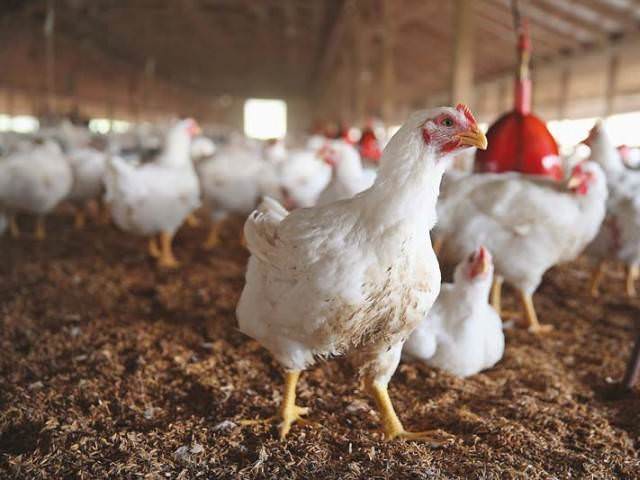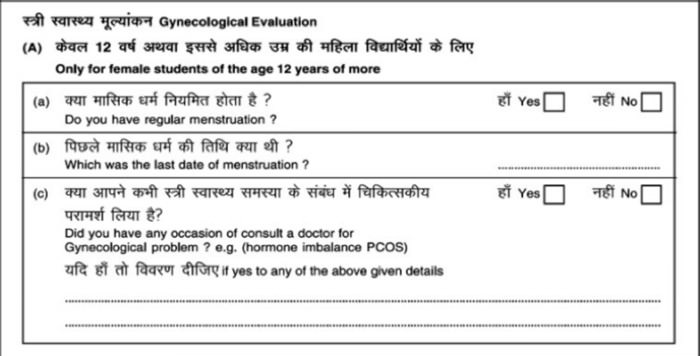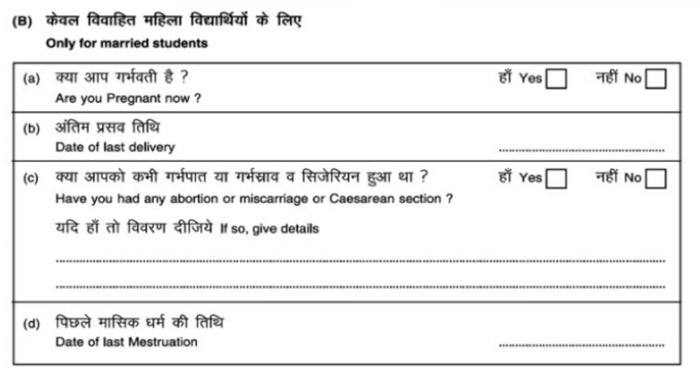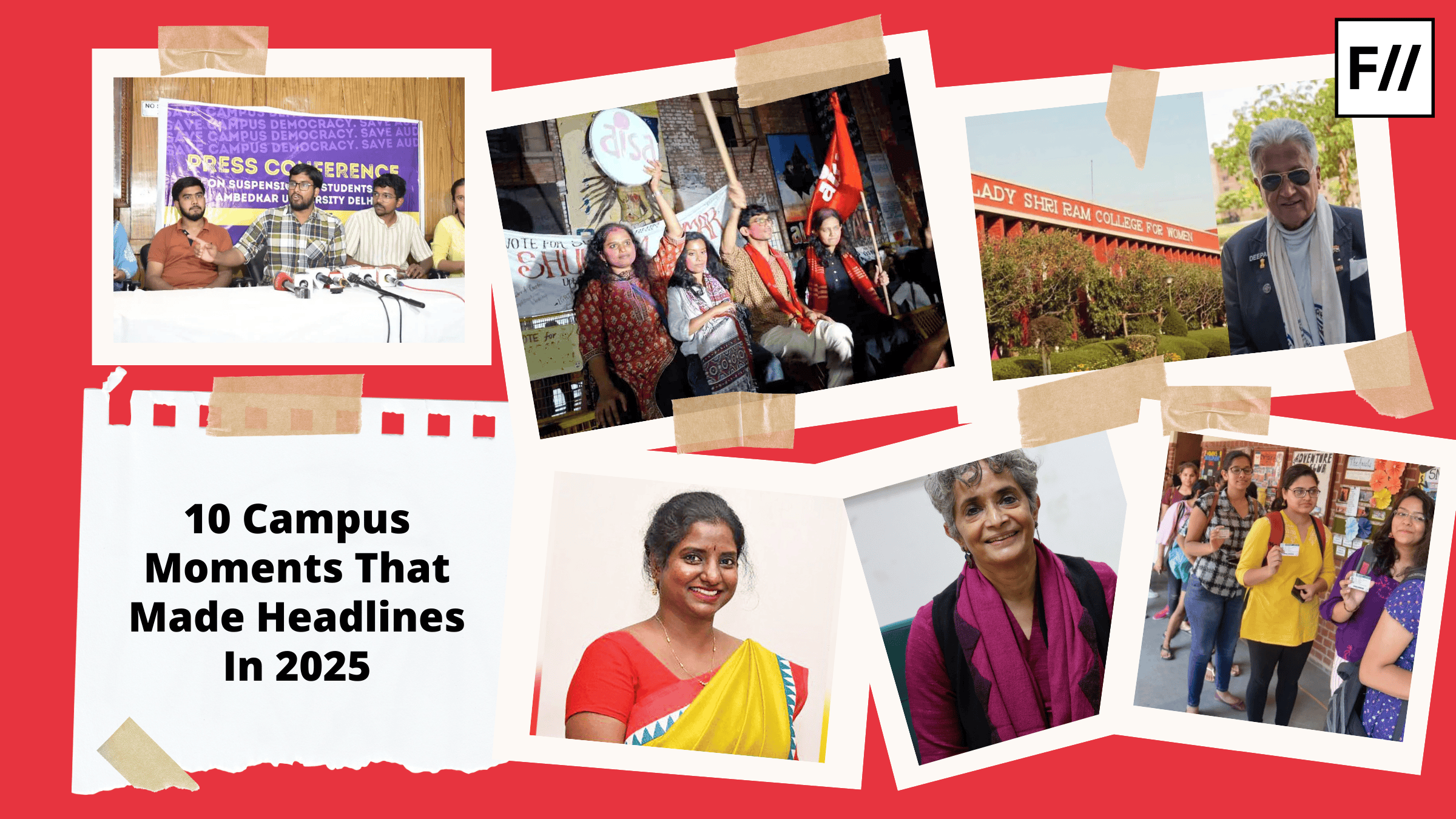According to the reports, Punjab government in Pakistan has introduced a new initiative. In the light of this newly found aim, the government will be providing four hens, a cock and a cage to young girls of 1000 primary schools in order to teach them kitchen skills. In an attempt to justify this extremely sexist act, Naseem Sadiq, head of the Punjab government’s livestock department, cited the figures from the World Bank report that rank Pakistan as one of the top countries in the world where people suffer from protein deficiency. He further added that the aim of this initiative is to educate the masses about proper nutrition and promote the use of poultry.
While talking about the relevance of this project with respect to young girls, Naseem Sadiq mentioned that this initiative will “train these small girls about kitchen waste.” He added, “We preferred girls’ schools for this project to boys because girls, mostly, have to deal with the kitchen and they are more responsible and caring than boys.”

Photo: AFP
Critiquing it as misogynistic and gender stereotyping, this initiative by the Punjab government has been heavily lambasted by women rights activists in Pakistan and other sane members of the community. Talking to Express Tribune, Farzana Bari said, “It would be very good if the government focused on boys’ schools more to create – responsibility and equality.”
She said, “The government should give [women] new confidence, not make them a typical woman by putting in their minds that they are for the kitchen only.” She also added, “By starting such projects in boys’ schools they would also learn about what to do in a kitchen and helping women.”
Twitter reacted to the news, mocking and disparaging the programme in harsh words. Tooba Syed, a feminist and a worker of Awami National Party commented on Twitter, “Women aren’t liberated from the kitchen sink. Not in Punjab at least. Here’s reinforcing gender roles!” Ammar Rashid, a researcher and teacher, took to Twitter to express his repugnance and add to the information by saying, “Not satire. Apparently the Punjab government will spend Rs 320 million on this sexist farce.”
In a society similar to that of Pakistan, where misogyny and patriarchy are deeply integrated in the mind-sets of the masses, an initiative of this kind by the government only helps to reinforce the stereotypical gender roles. For decades now, in almost every household in Pakistan, women are expected to be the sole caretakers and maintainers of household and kitchen activities. This conventional role of a perfect Pakistani woman has been around for quite some time now and thus has been engraved in the minds of the masses.
Pakistan is a country where a vast percentage of the population, comprising of certain classes – which make the country’s majority – does not permit the women in their families to venture outside of the four walls of their homes and educate themselves. Even if they do, there is a certain level up to which these women are allowed to get schooled. Therefore, in such a society, the government’s decision to emphasise on young girls taking care of their households as a part of their education is beyond the comprehension of a sane mind.
Unfortunately, the state of matters is not too propitious on the other side of the border as well. Educational institutes in India are also fortifying stereotypical gender roles through certain policies. According to reports, a university in Rajasthan came under fire for asking women students applying for admission to answer questions like, “Do you have regular menstruation?” “When was the last date of menstruation?” “Are you pregnant now?” or “Have you had any abortion/miscarriage/C-section?” These are exactly a few of the gender stereotypical questions from the admission form of Banasthali University in Jaipur, Rajasthan.

Photo: Newslaundry

Photo: Newslaundry
Though the claims made by the chancellor of the university to include these questions for the health and security purposes of the female students may be legit, it raises a few eyebrows as well when thought of in a more elucidative way.
Kavita Krishnan, Women’s Rights activist and secretary of the All India Progressive Women’s Association expressed her distaste for this act by stating, “Such an act of inexcusable violation of privacy should not be masqueraded as showing concern towards the students. They have no business and, more importantly, no right to ask such personal question.”
Undoubtedly, these questions are misplaced and a clear invasion of privacy. The inclusion of these questions is just another proof of how the societies in the subcontinent think of women’s anatomy and presences as their business and something they can regularly interfere with. Though men are subjected to their own kinds of stereotypes, they do not have to answer questions related to their anatomy for a college admission. These small acts on a regular basis are what instil the stereotypical ideas of gender in the minds of the masses.
Regardless of how misogyny and conventional gender roles are being ornamented and presented in the names of security, health and nourishment to the masses of the subcontinent, there are a few who are rising above it all and raising an active voice against these phenomena. In a recent set of events, students at Beaconhouse National University (BNU), Lahore, Pakistan sparked a nationwide debate after putting up sanitary pads with fake blood and captions as a part of their campaign to break the taboo around menstruation. The act was criticised by some, praised by the others and took most by sheer shock and surprise who had never before come across a debate about menstruation in Pakistan before. Thus, in more than a few ways, this campaign was successful solely in striking a conversation regarding periods in Pakistan, for possibly the first time ever. This gave way to further discussions regarding the matter and generated awareness and prevention of health risks programmes.

PHOTO: SHERBAZ LEHRI | Tribune.com.pk
Similarly, an initiative called “Pinjra Tod” has been started by young women in Delhi to protest against discriminatory curfew hours and to reclaim their rights to public spaces. Talking to BBC News, 26-year-old Devangana Kalita, who is a researcher and the co-founder of Pinjra Tod said, “It (the curfew) is discriminatory.” She added, “Curfews and deadlines in the name of providing protection and safety are actually mechanisms of reproducing patriarchy. We are saying this is not about women’s safety really, this is about moral policing.” This is another attempt by the women of India to claim equal rights at a very basic level. Confining women to their hostel rooms, in the name of curfew, while men roam freely is purely misogynistic.
Be it the campaigners of BNU or the protestors of Pinjra Tod, women are resisting and trying to break free of the mould that the subcontinental campus societies have constructed for them over decades. However, they often don’t get enough support in this series of battles. In this fight against misogyny, government and educational institutions can play a crucial part by supporting women instead of making things more inopportune for them.
About the author(s)
A Pakistani journalist and Culture & Gender scholar at the University of Sydney, Amna Nasir considers herself a hard-core feminist. She is a travel enthusiast and expresses herself through painting, sketching, photography and writing. As clichéd as it may sound, Amna believes in equality of all beings irrespective of their background, colour, gender, religion or ethnicity.




